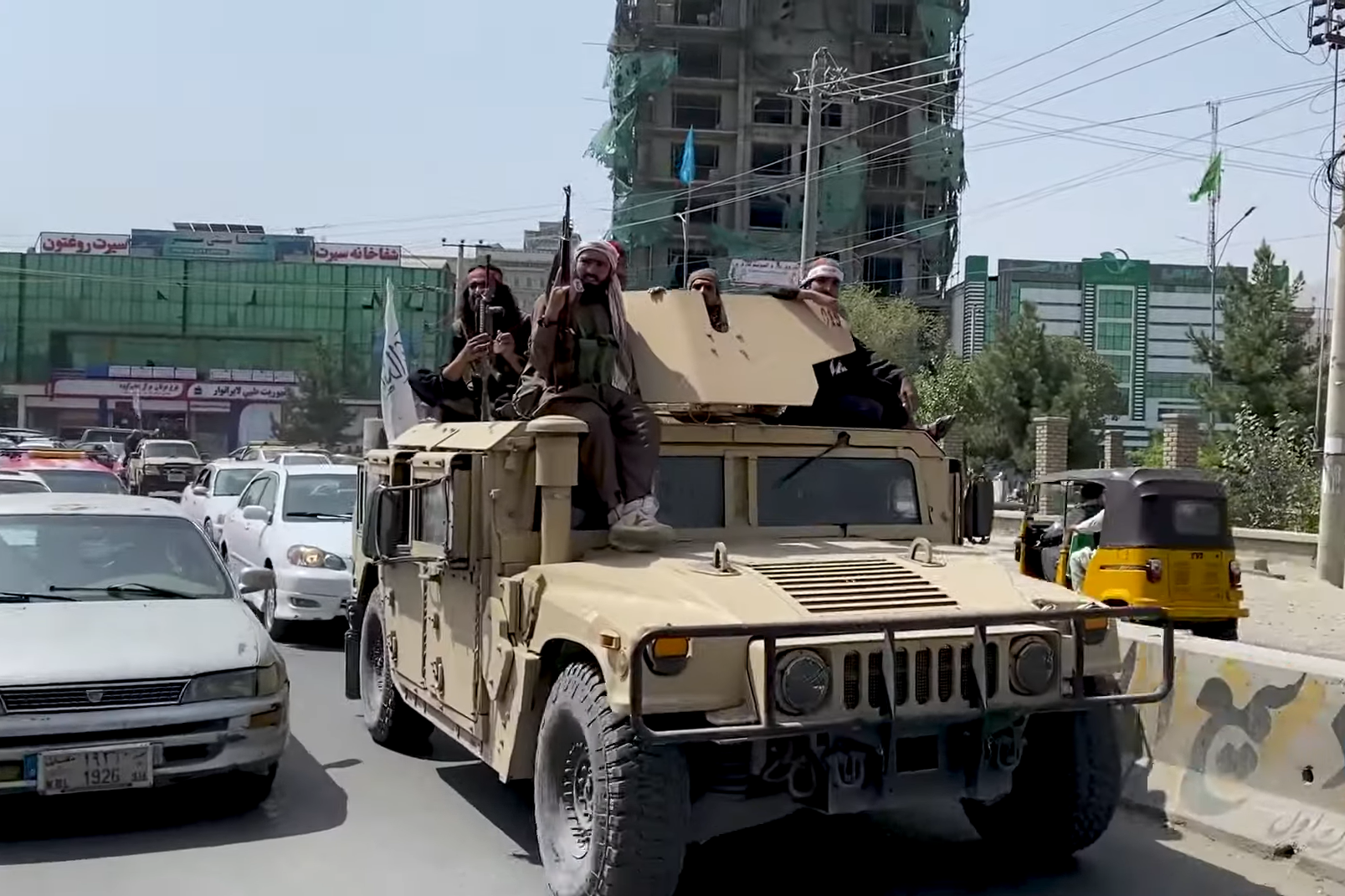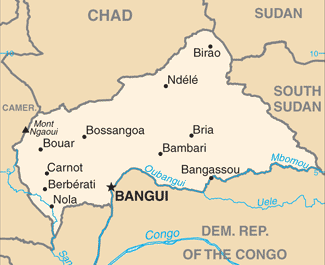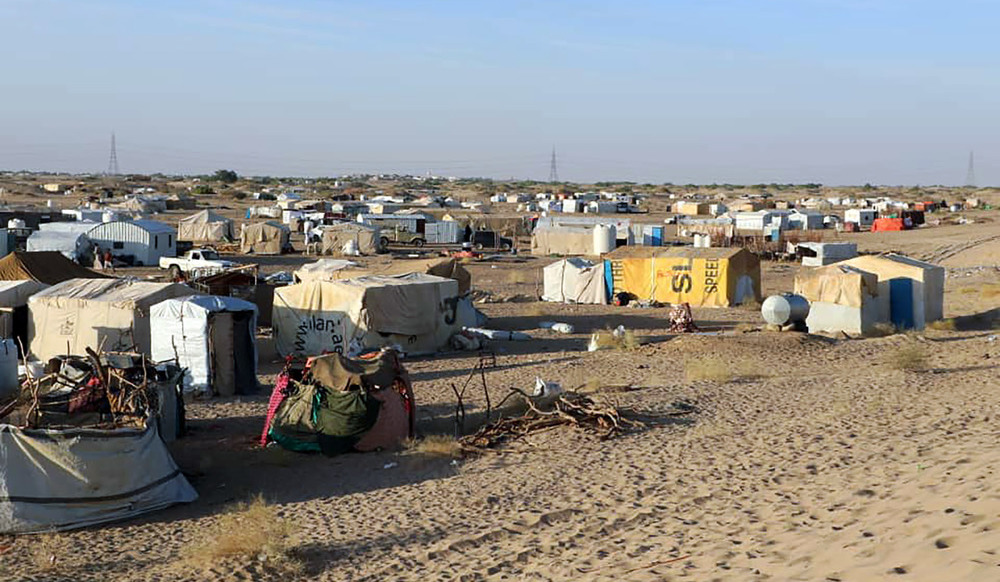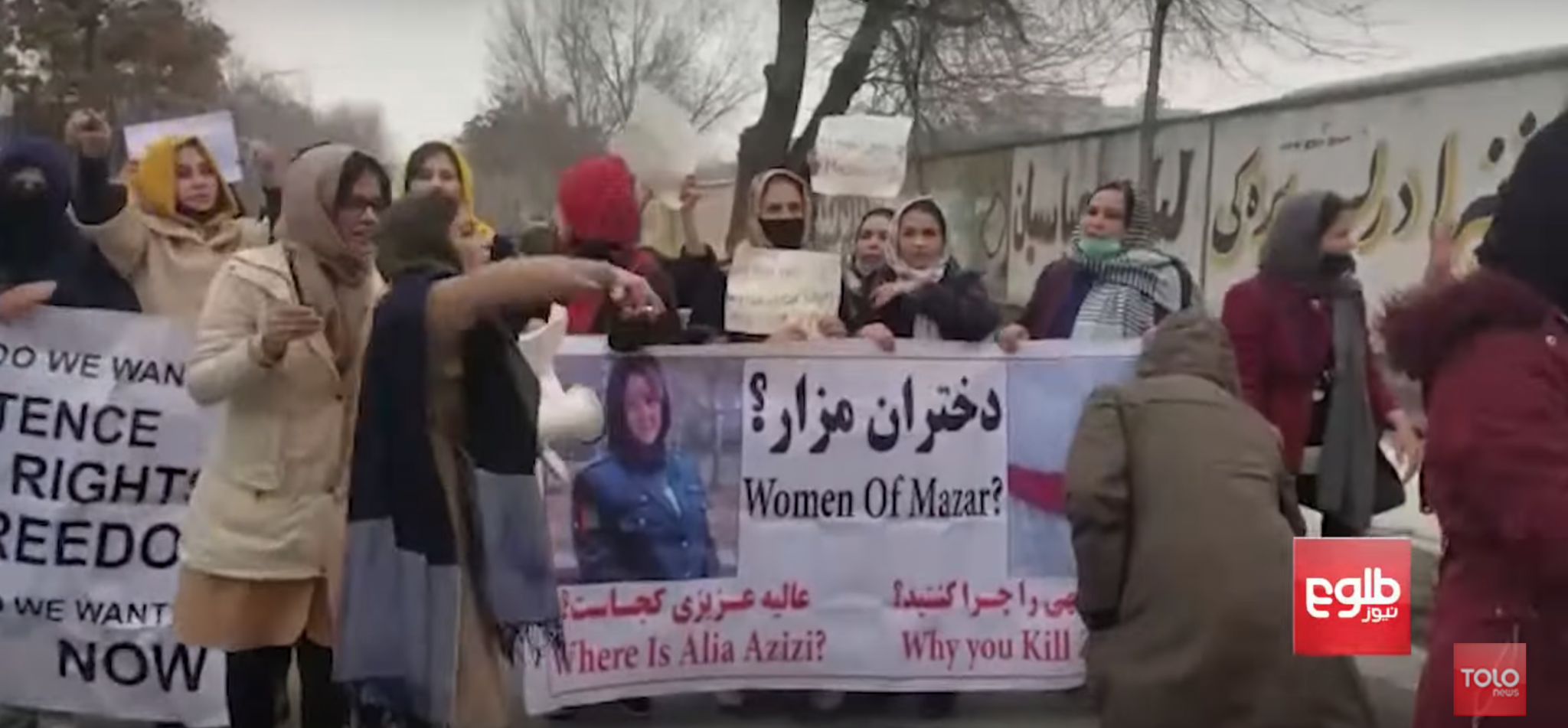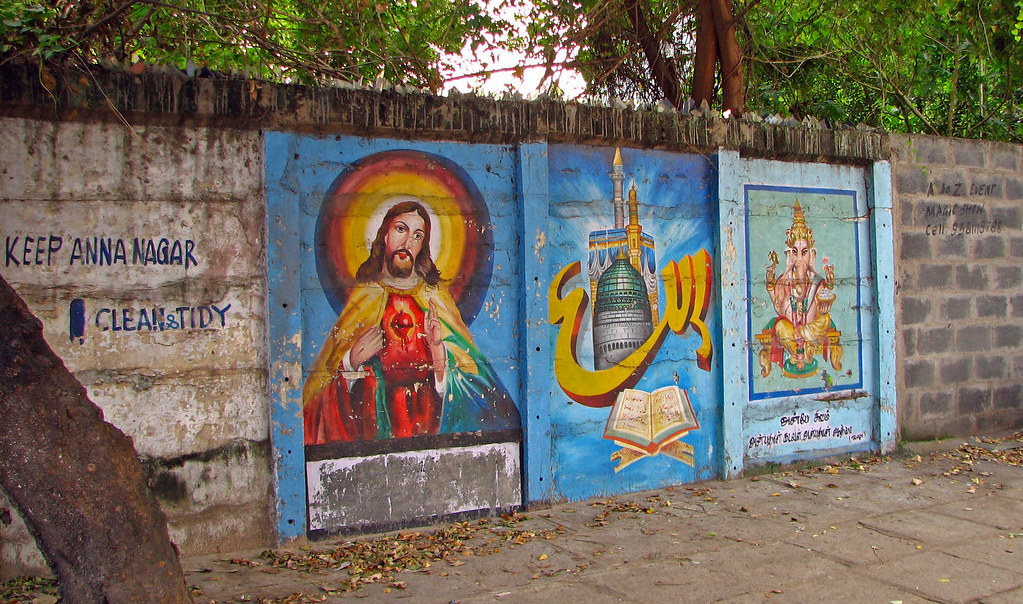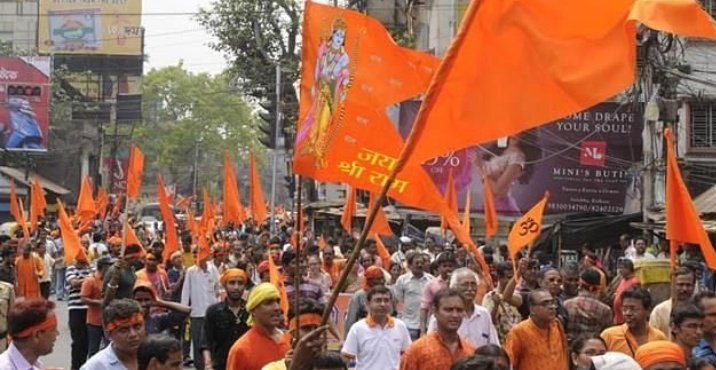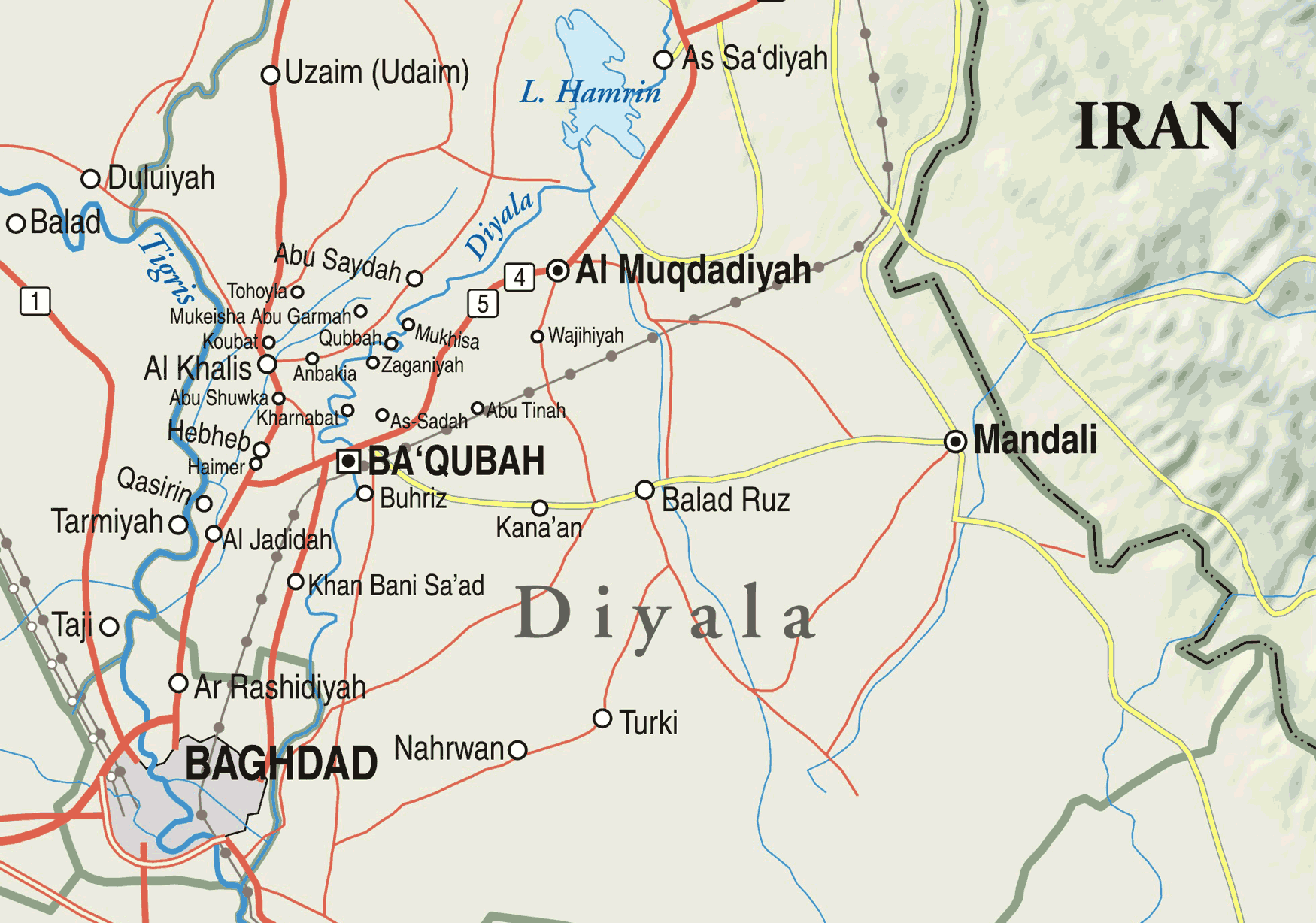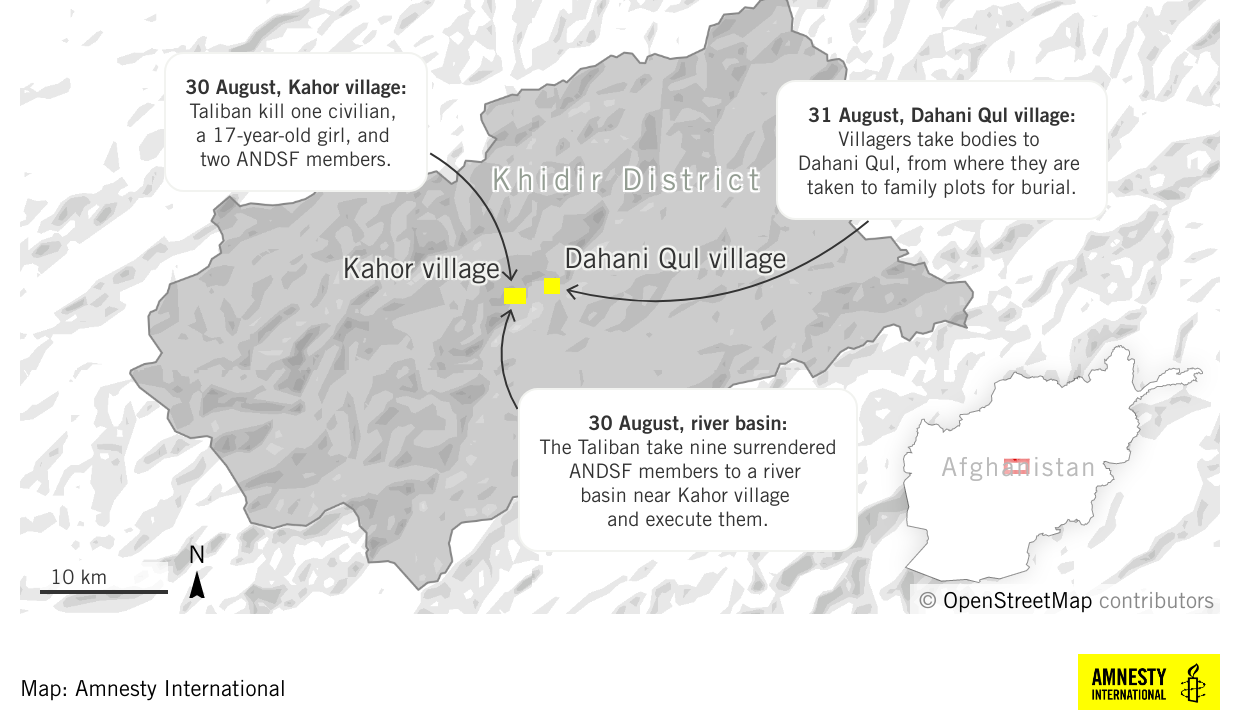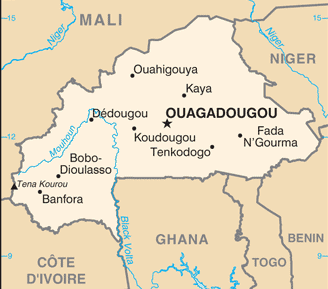
Burkina Faso: drone strikes on civilian targets
Human Rights Watch released a report bringing attention to three military drone strikes conducted by Burkina Faso’s government, supposedly targeting Islamist fighters. The strikes took place between August and November 2023 and resulted in significant civilian casualties at crowded markets and a funeral, according to the report. A minimum of 60 civilians are found to have lost their lives, with numerous others injured. (Map: Perry-Castañeda Library)



